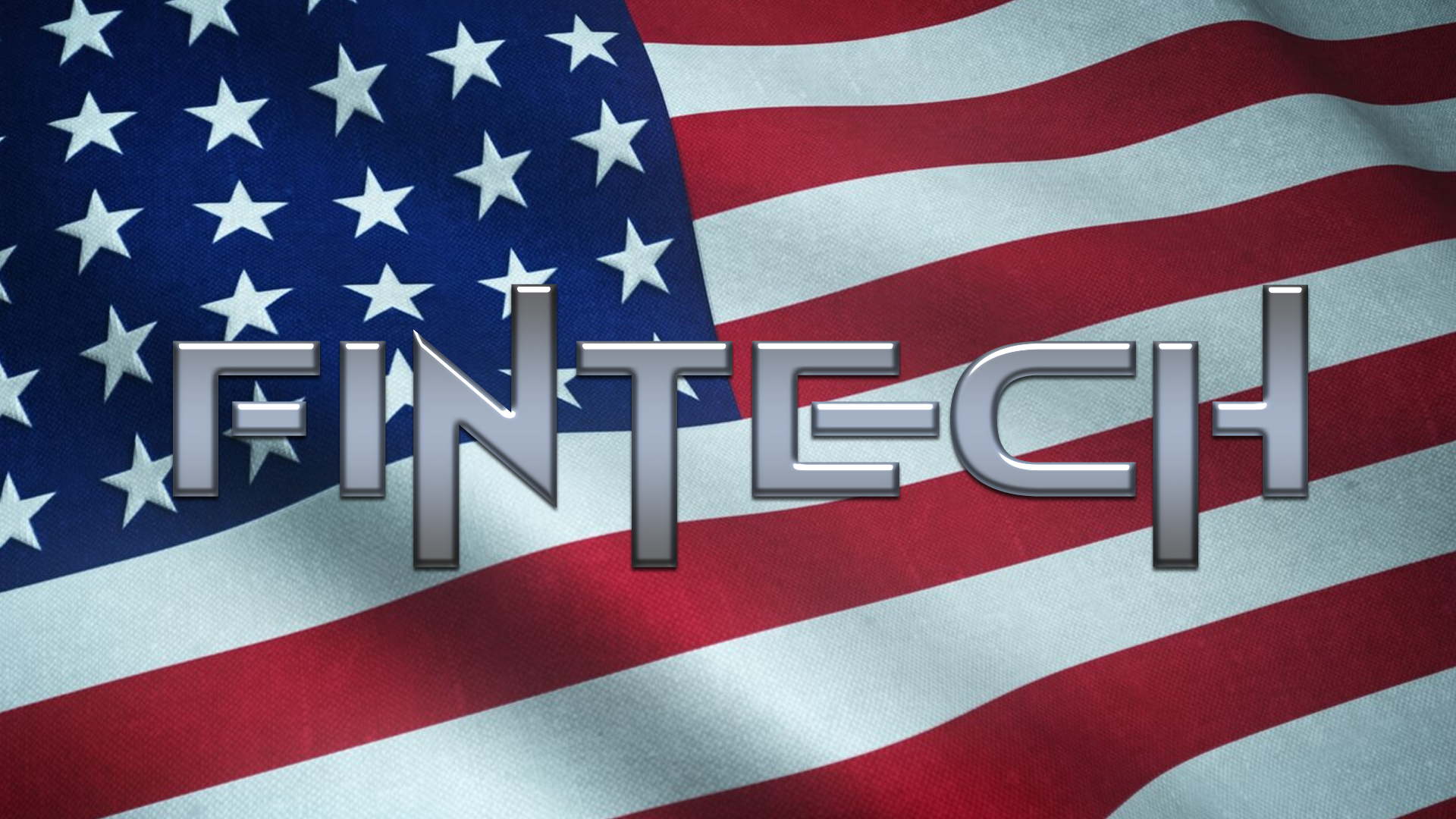- Fintech Inventions Driving Fiscal Metamorphosis in the USA
- The impact of digitalization on traditional banking and fiscal services Fintech’s part in enhancing fiscal addition and availability
The United States of America has resulted in an immense surge in fintech developments that are changing the way people supervise, make investments, and get financial status, goods, and services. Fintech is a name used for fiscal developments in technology and describes several modern improvements that are putting traditional banking organizations on full alert.
From mobile banking apps to blockchain-powered cryptocurrencies, fintech has made fiscal services more effective and user-friendly. The fintech smash isn’t just a trend; it’s an abecedarian shift that is going to stay.
Reconsidering Traditional Banking
The alteration of conventional financial services has been one of the many major effects of fintech throughout the US. Traditional banks are no longer the sole custodians of fiscal services. Fintech firms and well-known businesses have been offering secured digital banking services, virtual money wallets, and peer-to-peer financier platforms, as well as putting conventional financial institutions on the alert.
Consumers can now control their cash from the fingertips of their hands It is all because of apps for mobile banking, which offer multiple services such as bank surveillance, the transfer of funds, and paying bills. Finance is now easier to access, transparent, and economical as a consequence of digitalization.
Fintech’s Part In Fiscal Addition And Availability
Although fintech has dispersed the fiscal industry, it has additionally resulted in helpful enhancements, especially when it comes to fiscal contribution. Millions of Americans who were previously underserved by traditional banks now have access to fiscal services through fintech platforms.
Individuals across every walk of society can preserve, make investments, and manage their financial assets due to online methods of payment, microloans, and robo-counsel. Fintech has bridged the gap between the banked and unbanked populations, offering fiscal results to those who were preliminarily barred.
Conclusion
In the end, the fintech revolution in the nation’s capital constitutes more than an information technology motion. Then it’s also an evolution in the fiscal sector as a whole. With the arrival of fintech, traditional banking is no longer the sole option, as digitalization redefines assiduity.
Financial innovations in technology have boosted economic firms’ connectivity, effectiveness, profitability, and diversity. The impact of fintech on fiscal addition cannot be understated, as it has opened doors for those preliminarily left behind by the traditional banking system. Fintech has paved the way toward a more accessible and equitable fiscal future, either via virtual financial apps, virtual wallets, or blockchain-based results.
As fintech grows, it is going to be critical that both specialized supervisors and devoted consumers strike an equilibrium between distinctive qualities and security to make sure that the positive benefits of fintech become evident while consumers are safeguarded. Fintech develops as an indication of achievement in an atmosphere of fiscal chaos, transforming how everyone connects with authorities and fiscal services across the country.
